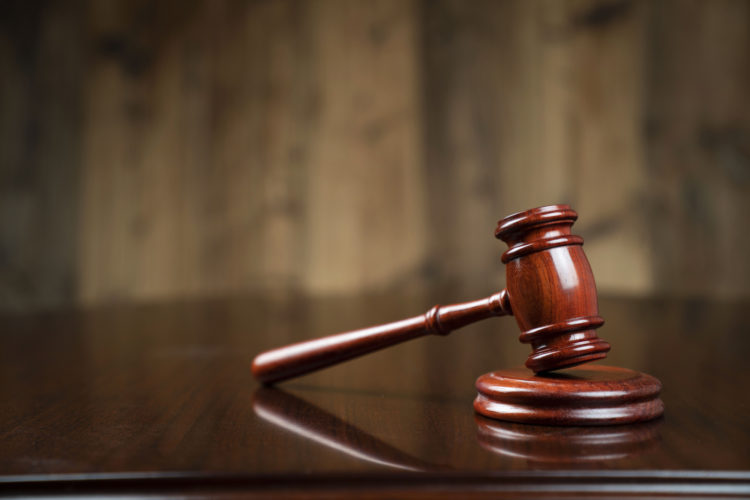January 19, 2023
Personal Injury Lawyer
As an experienced personal injury lawyer from Florida Personal Injury Attorney explains, a jury trial is a legal proceeding in which a jury of peers decides the outcome of a case. Jury trials are an essential part of our judicial system, as they ensure that decisions are made by ordinary citizens rather than by judges alone. This article will provide an overview of what happens during and after a jury trial, including selection of jurors, presentation of evidence, deliberations, and verdicts. Read on to learn more about this important aspect of our justice system!
When Jury Trials Are Necessary
A case may go to trial for a variety of reasons. In some cases, the parties involved cannot reach a settlement agreement on their own and thus must have the issues resolved in court by a jury. Additionally, in some cases the parties involved may feel that a jury trial is necessary to obtain justice due to the gravity of the alleged criminal act or civil wrongs.
Criminal Case Trials
In criminal cases, going to trial ensures that an accused perpetrator has his or her day in court and that issues such as guilt and innocence are decided by a jury of peers rather than solely by a judge. In civil cases, going to trial allows both sides to present evidence regarding their dispute and involves jurors who will decide who is liable for damages suffered.
Contributing Factors
When deciding if a case should go to trial, there are several factors that must be considered. These include whether or not there is enough evidence available to prove guilt or liability; whether witnesses can be subpoenaed; if there are any potential legal arguments that could be made; and how long it would take for a verdict to be reached if the case did indeed go to trial. Additionally, financial considerations such as attorney fees and other related costs must also be taken into account when deciding on whether or not a case should proceed with litigation. Finally, each party must weigh all of these factors carefully before making their decision so as not to make an imprudent choice which could lead to unforeseen consequences down the line.
Additional Factors
Whether or not a case goes to trial ultimately depends on what is best for the parties involved and takes into consideration many different factors such as legal precedent, cost, time allotted for proceedings, evidence available and witnesses required among other things. Ultimately it can be concluded that going through with litigation should only be done after careful deliberation between all parties involved – including attorneys – so as not to enter into an agreement which could potentially produce undesirable outcomes in court later on down the line!

